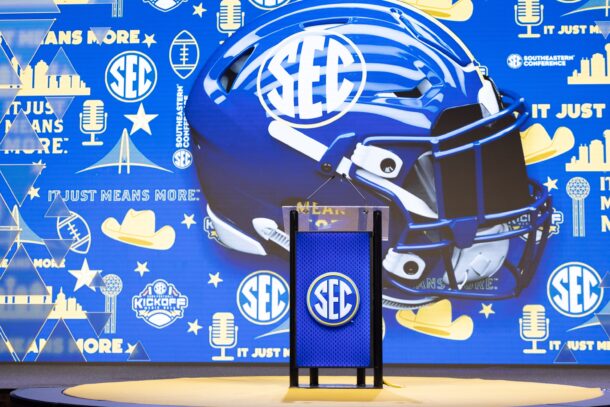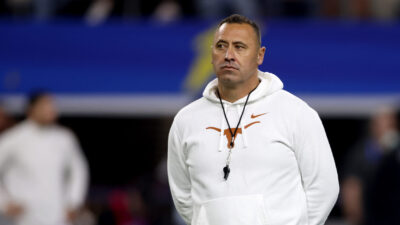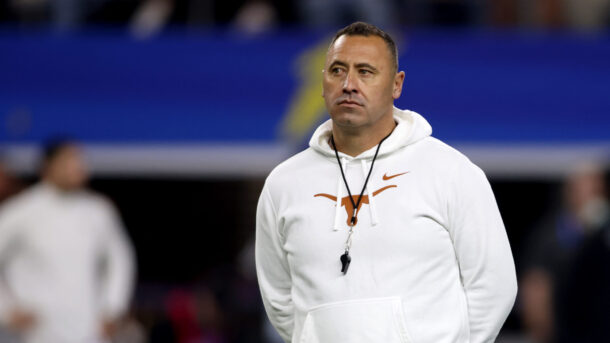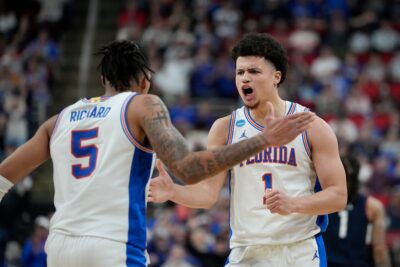Ad Disclosure
An anti-trust lawsuit filed recently could have a major impact on college football’s transfer and scholarship policies.
In the lawsuit, former Weber State cornerback Devin Pugh claims he was told by Wildcats football coach Ron McBride that his athletic scholarship “would be renewed annually as long as he did well academically and remained eligible.” But after McBride retired in 2011, new coach Jody Sears did not guarantee a scholarship to Pugh. Pugh’s attorneys claim the cornerback was unable to secure a transfer waiver and wasn’t able to stay in school.
Pugh wound up transferring to Colorado State-Pueblo, a Division II school, where he received “substantially less” grant-in-aid money, and had to take out student loans to pay for part of his education. Division II schools have a lot less athletic scholarship money to give to football players than Division I programs.
Athletic scholarships have usually been renewed annually, although some colleges and conferences have recently begun to push for four-year scholarships instead.
One part of the lawsuit says, “The NCAA’s limitation on the mobility of college athletes is patently unlawful and challenges the NCAA’s rules that prevent Division I football players from transferring to other Division I schools without losing athletic eligibility for a year — as a result of the year-in-residence requirement, class members receive millions of dollars less in athletics-related financial assistance and other direct compensation than they would receive if class members were permitted to transfer without this limitation. The suit also tackles the NCAA’s continuing cap on the number of football scholarships a Division I football team may award as well as the NCAA’s former prohibition on multi-year scholarships.”
Attorney Steve Berman pointed out that college football coaches are allowed to change schools without penalty, but student-athletes are not.
“Student-athletes who jockey for these scholarships suffer severe penalties for transferring, while NCAA coaches are allowed to job-hop, reaping enormous financial benefits and rising to earn more than $3 million per year,” Berman said in a statement.
Berman added, “Devin’s story is just one example of the double-standard the NCAA has against student-athletes in the multi-billion dollar industry of college sports, and we believe hardworking student-athletes like Devin shouldn’t be punished.”




